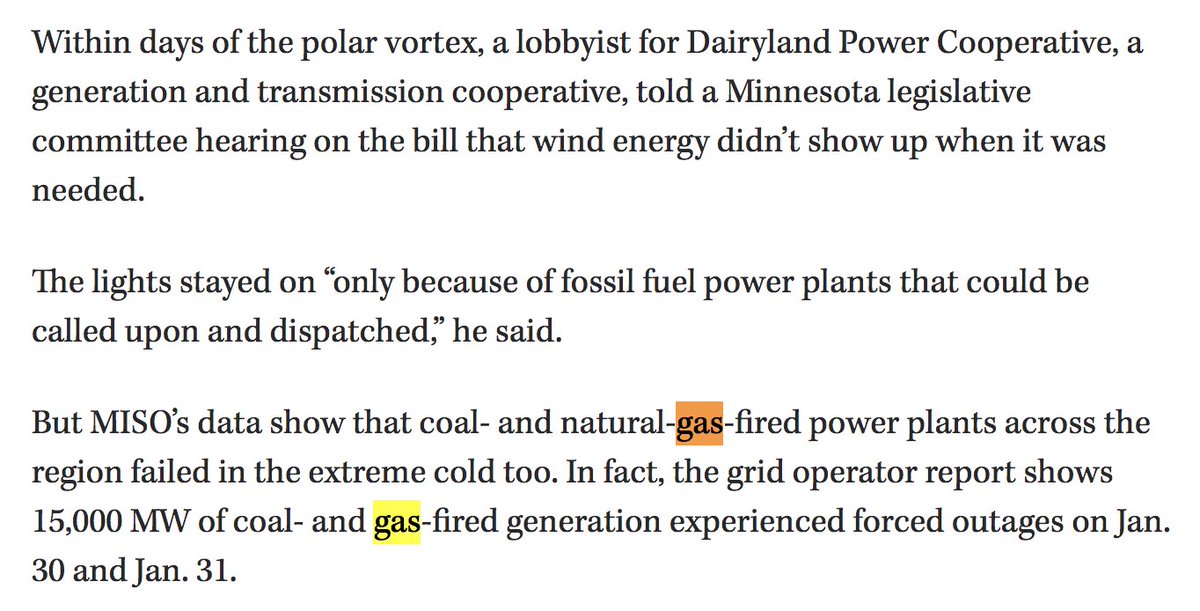
This is horrifying.
https://twitter.com/mims/status/1361851650495889416
So here's the thing with making an electric grid work: You have to have an almost perfect balance between supply and demand at all times. There's a very narrow window for the margin of error. Too much or too little on either side of the scale and ... fzzt ... blackout.
Yeah, the whole thing is really that delicate and it is insane. The fact that we don't have MORE blackouts is a testament to the people who work 24/7/365 making sure the balance stays near perfect.
Why this matters now: Well, imagine trying to start a system with those parameters back up from nothing. You can't just turn all the generators on -- that'll be too much supply and not enough demand.
And the people who control the grid have ... veerrry little ... power over demand. So you can't make sure that's getting turned on in concert with supply.
The more of the grid you lose to outage, the harder it is to get it started back up again. Ask Puerto Rico about that.
Again, I'm not actually doing reporting on this specific situation, just talking what I know about grids from writing a book a decade ago. I don't know how much is "ERCOT screwed up" vs. "electricity is hard" vs. "welp this is what happens when nobody updates the infrastructure"
But it is probably some combination of all those things and people are suffering and it is absolutely awful to watch.
Once upon a time 10 years ago, I went inside the control facility where ERCOT (usually) keeps the Texas grid up and running: discovermagazine.com/technology/spy…
Also, here's the book I wrote about the history and future of the electric grid. The "future" stuff is gonna be a little dated. But the history and how the grid works is solid and may be useful to you now: amazon.com/Before-Lights-…
• • •
Missing some Tweet in this thread? You can try to
force a refresh



